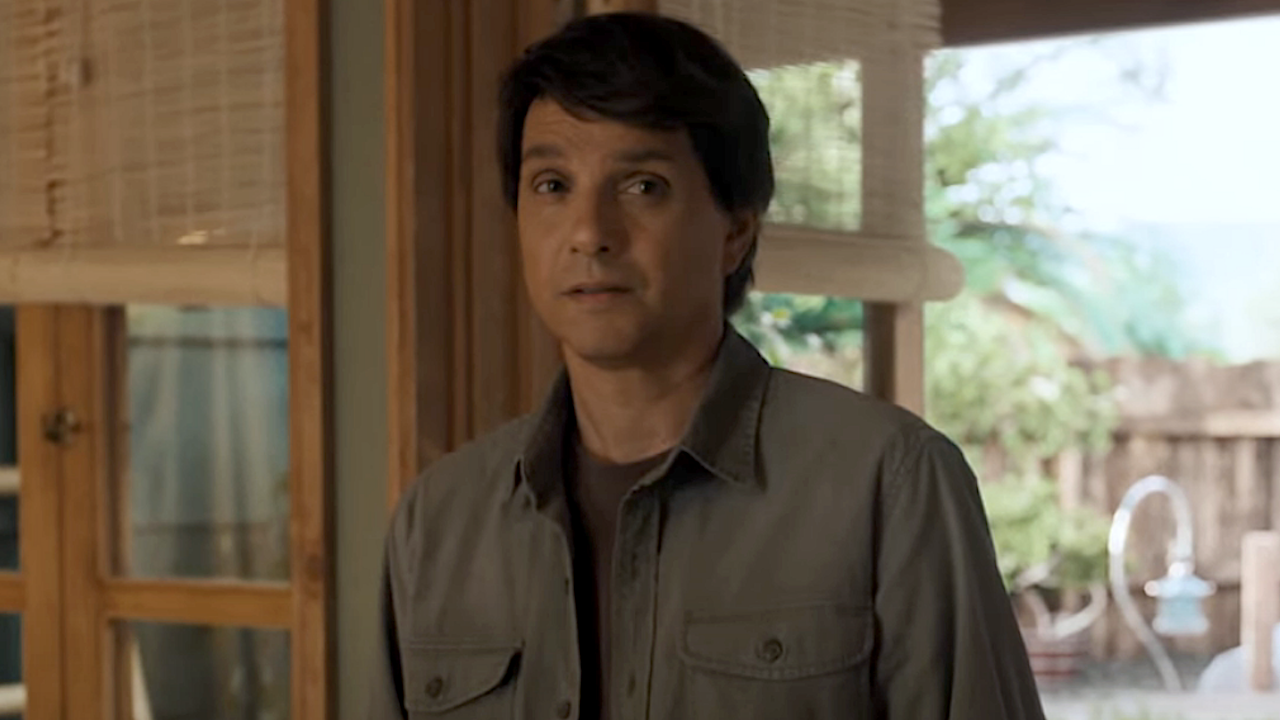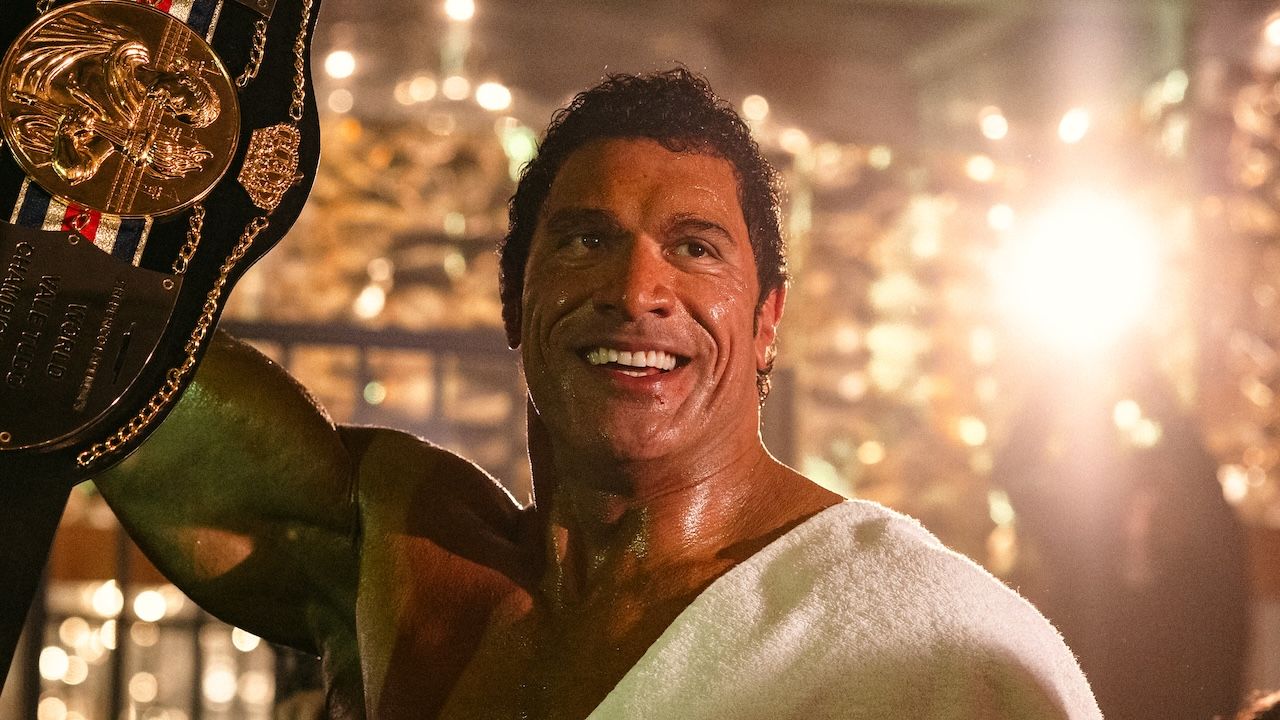BEHIND THE NEWS:

Democratic mayoral candidate Zohran Mamdani takes selfies with supporters after speaking at his primary election party Wednesday, June 25, 2025 in New York. Photo by: Heather Khalifa / AP
Sunday, June 29, 2025 | 2 a.m.
Editor’s note: “Behind the News” is the product of Sun staff assisted by the Sun’s AI lab, which includes a variety of tools such as Anthropic’s Claude, Perplexity AI, Google Gemini and ChatGPT.
Zohran Mamdani achieved a stunning upset victory Tuesday in New York City’s Democratic mayoral primary, positioning himself as the likely next mayor of America’s largest city.
His win represents a seismic shift in urban politics — marking the potential ascension of the city’s first Muslim and Indian American mayor, its youngest in generations, and a Democratic Socialist whose progressive platform challenges decades of centrist Democratic leadership.
Mamdani’s candidacy embodies the changing face of American politics: a multicultural immigrant story, a grassroots progressive movement, and a new generation of leaders who refuse to separate their cultural identity from their political vision. His campaign slogan “Roti and Roses” — a deliberate adaptation of the classic labor phrase “Bread and Roses” — signals both his commitment to economic justice and his determination to center immigrant and working-class experiences in city governance.
This research summary examines Mamdani’s background, political evolution, policy platform and the broader implications of his historic candidacy for New York City and American politics.
Overview
Zohran Mamdani is a 33-year-old Democratic Socialist and New York State Assemblyman who won the Democratic primary for mayor of New York City on Tuesday[1]. If elected in the general election, he would become the city’s first Muslim and Indian American mayor and its youngest in generations.
Background and early life
- Birth and upbringing: Mamdani was born in Kampala, Uganda, on Oct. 18, 1991, and spent his early childhood in Uganda and post-apartheid South Africa before moving to New York City at age 7[2].
- Family: He is the son of Mahmood Mamdani, a prominent Ugandan-born political theorist, and Mira Nair, an acclaimed Indian American filmmaker[3]. His family’s experience with exile and migration deeply influenced his worldview.
- Education: Mamdani attended the Bank Street School for Children in Manhattan and the Bronx High School of Science. He later earned a degree in African Studies from Bowdoin College, where he co-founded the Students for Justice in Palestine chapter[4].
Career and professional background
- Prepolitical career: Before entering politics, Mamdani worked as a foreclosure prevention housing counselor in Queens, helping residents — especially low-income homeowners of color — fight eviction[5]. He also had a stint as a rapper under the names Young Cardamom and Mr. Cardamom.
- Political experience: Mamdani has served three terms representing Astoria, Ditmars-Steinway, and Astoria Heights in the New York State Assembly[6]. He is the first South Asian and Ugandan to hold a seat in the Assembly and the third Muslim to do so. He first won office in 2020 by defeating a four-term incumbent.
Political identity and platform
Mamdani identifies as a Democratic Socialist with a platform centered on affordability and working-class issues[7].
Key policy proposals:
- Freezing rent for rent-stabilized units
- Eliminating bus fares
- Creating a network of city-owned grocery stores to combat food insecurity
- Universal child care
- Free public transportation
Legislative record: During his Assembly tenure, Mamdani introduced over 20 bills, with three becoming law. One notable achievement was launching a yearlong pilot program for free bus routes across all five boroughs, though this program was not renewed[8].
Religious identity
- Historical significance: Mamdani’s candidacy is groundbreaking, as he would be New York City’s first Muslim mayor, representing the city’s estimated 1 million Muslim residents[9]. He is a Twelver Shia Muslim and has been open about his faith.
- Campaign integration: Mamdani has actively integrated his Muslim identity into his campaign, engaging with Muslim communities by attending Jummah prayers, campaigning during Ramadan and focusing on issues relevant to Muslim and immigrant populations[10].
- Challenges and backlash: His faith has made him a target for Islamophobic rhetoric and attacks from political opponents. After his primary victory, there was a surge of Islamophobic backlash, including threats and calls for his deportation[11].
- Middle East positions: Mamdani’s outspoken support for Palestinian rights, criticism of Israel’s policies, and advocacy for the Boycott, Divestment and Sanctions (BDS) movement have drawn intense scrutiny and accusations of antisemitism from some opponents[12].
Cultural symbolism
Mamdani emphasizes cultural symbolism like “Roti and Roses” to connect universal struggles for dignity and survival with the specific experiences of immigrant and marginalized communities[13]. The phrase adapts the historic labor slogan “Bread and Roses,” substituting “roti” — a staple in South Asian cuisine — to center the lived realities of South Asian, immigrant and working-class New Yorkers.
Purpose and meaning:
- Universal and particular: Asserts that justice must address both survival needs and cultural dignity
- Cultural affirmation: Affirms the value of immigrant cultures and resists assimilationist pressures
- Political solidarity: Builds solidarity across communities by linking economic justice with cultural belonging
- Accessibility: Uses food and cultural references as storytelling tools to make his campaign relatable[14]
Multicultural background’s political influence
Mamdani’s multicultural upbringing has profoundly shaped his political views, grounding them in themes of justice, equity and solidarity across lines of race, class and nation[15].
Formative experiences:
- Growing up as part of the Indian diaspora in East Africa
- Living as an immigrant in post-apartheid South Africa
- Experiencing what it means to be “othered” in various contexts
- Educational background in African studies and progressive activism[16]
- Political impact: Unlike some politicians who downplay their backgrounds, Mamdani openly embraces his immigrant, Muslim and multicultural identity. He speaks multiple languages on the campaign trail, participates in cultural and religious events, and uses his lived experience to connect with a broad coalition of voters[17].
Activism and direct action
Mamdani has been active in direct action while in office:
- In 2021, he participated in a 15-day hunger strike supporting New York City taxi drivers, contributing to a deal that alleviated crushing loans for thousands of drivers[19]
- In 2023, he joined a five-day hunger strike calling for a ceasefire in the war in Gaza
Political significance and national implications
- Generational change: Political observers see Mamdani’s victory as a signal of generational and ideological change within the Democratic Party, contrasting his progressive vision with more moderate, establishment politics[20].
- Progressive coalition: He has earned endorsements from prominent progressives including Rep. Alexandria Ocasio-Cortez, D-N.Y. and Sen. Bernie Sanders, I-Vt., praised for his grassroots organizing and ability to mobilize younger voters[20].
- National bellwether: Analysts suggest that Mamdani’s campaign could serve as a bellwether for the Democratic Party’s direction, highlighting the growing influence of progressive, diverse and younger leaders in urban politics[21].
.png)







 English (US) ·
English (US) ·